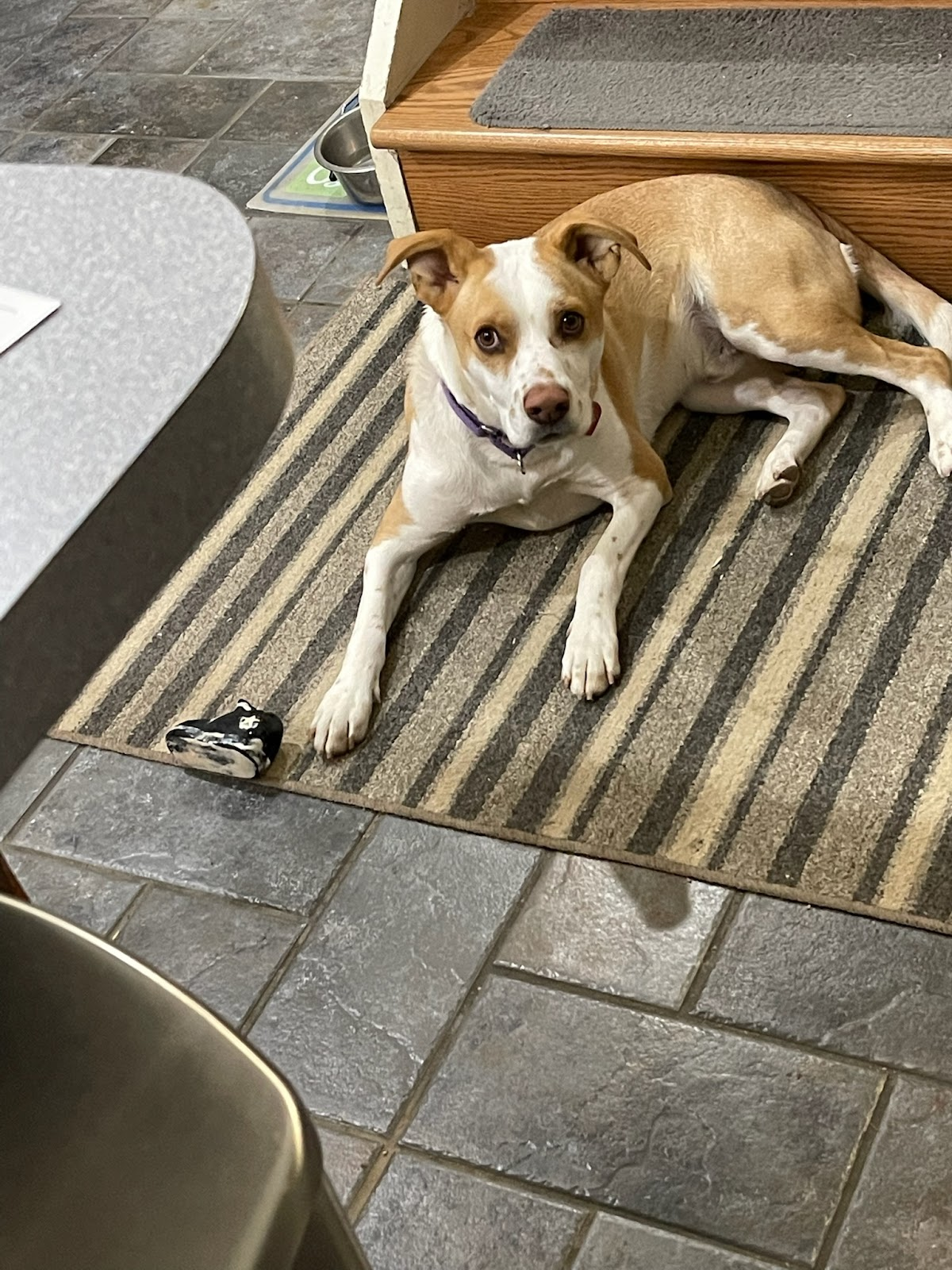Animal-Assisted Psychotherapy in Pataskala, Ohio
At Veselka Farms, Animal-Assisted Psychotherapy (AAP) integrates the therapeutic presence of animals into clinically guided sessions to enhance emotional healing, reduce anxiety, and foster personal growth. Located in Pataskala, Ohio, our program pairs licensed clinicians, certified therapy animals, and skilled handlers to tailor meaningful, compassionate interventions. Whether you’re facing trauma, depression, social anxiety, or seeking care for youth or family healing, AAP offers a gentle, engaging path forward.
What Is Animal-Assisted Psychotherapy?
Animal-Assisted Psychotherapy (AAP) is a form of mental health treatment in which trained animals are incorporated as part of structured, goal-oriented therapy. This is more than casual interaction with animals—it’s therapeutic work.
Key distinctions:
-
AAP vs Animal-Assisted Therapy (AAT): AAP implies the involvement of a mental health professional, a treatment plan, and interventions designed with therapeutic goals in mind.
-
Animal Activity / Pet Visits: These are less formal, often aimed at comfort, social interaction, but not always guided by a clinician or therapeutic plan.
How Sessions Work at Veselka Farms
Intake & Personalized Plan
-
The journey begins with a full consultation with a licensed therapist to understand your history, goals, preferences, allergies, and comfort with animals.
-
Based on this, we design a plan — selecting the type(s) of animal(s) (dog, cat, horse, etc.), session frequency, and desired outcomes (e.g., reduce anxiety, improve communication, build trust, etc.).
Roles & Session Flow
-
Therapist: guides the session, sets goals, leads debrief and reflection.
-
Handler / Animal Specialist: ensures animal welfare and safety; facilitates animal-related interactions.
-
Animal(s): trained therapy animal(s) who are calm, certified, well-handled, and appropriate for client needs.
Typical session might look like:
-
Check-in & setting intention
-
Interaction with animal(s): petting, grooming, walking, or other appropriate activities
-
Reflective processing: exploring feelings, thoughts, what emerged
-
Closing & take-home practices
Who Can Benefit from Animal-Assisted Psychotherapy?
AAP can support:
-
People with anxiety, depression, or trauma
-
Youth and families needing social/emotional support or struggling with communication
-
Clients for whom traditional talk therapy has felt limited
-
Individuals seeking a sense of comfort, companionship, and non-judgmental engagement
-
Those working on trust, self-esteem, mood regulation
Evidence & Benefits
-
Studies show that AAP can significantly reduce anxiety, improve mood, lower physiological stress (e.g. cortisol), and improve social interaction.
-
For children, adolescents, and older adults, evidence supports benefits on loneliness, depression, and quality of life.
-
AAT can serve as a powerful adjunct to traditional psychotherapy, especially where establishing trust and engagement is initially difficult
Safety, Training & Ethics
-
Therapy animals and handlers must be certified / trained; animals are assessed for temperament, hygiene, and suitability.
-
Clinicians are licensed and experienced in animal-assisted interventions.
-
Sessions are structured with safety in mind: allergies, comfort, animal welfare, hygienic practices.
-
Respect for client consent, boundaries, and emotional safety is foundational.
What to Expect & Practical Details
-
Session Length & Frequency: 60-90 minute sessions, often weekly or biweekly depending on need.
-
Animal Types: Typically dogs, cats; possibly small animals. Activities selected based on comfort and goals.
-
Environment: Indoor or outdoor settings; calm, controlled environments.
-
What to Bring: Comfortable clothing, openness, any allergy info.
-
Cost / Schedule: Pricing depends on complexity, animal type, session frequency. Contact us for package details.

